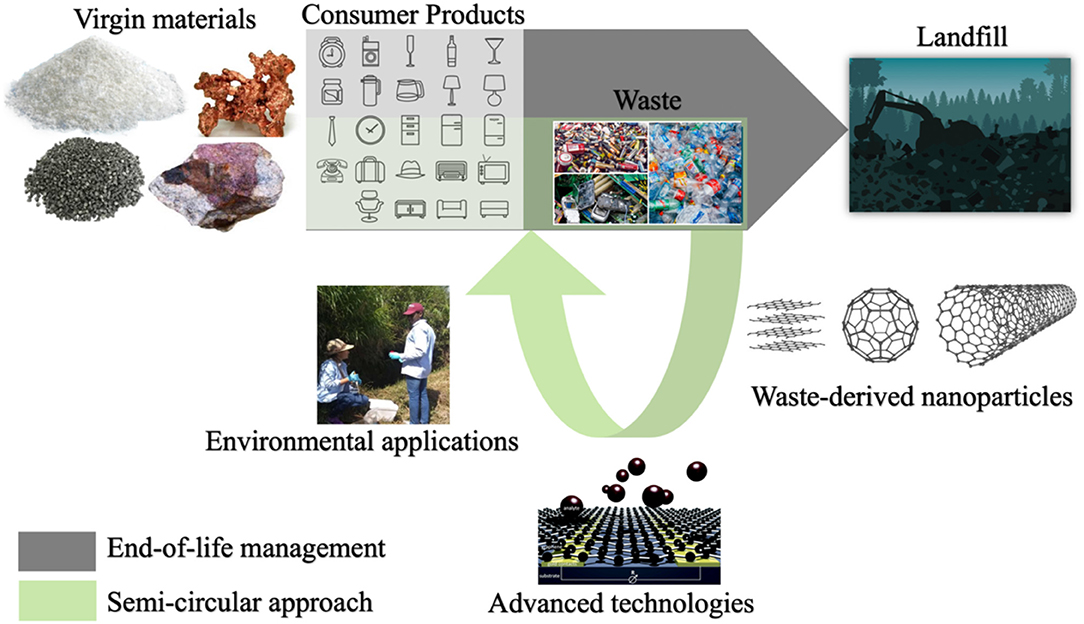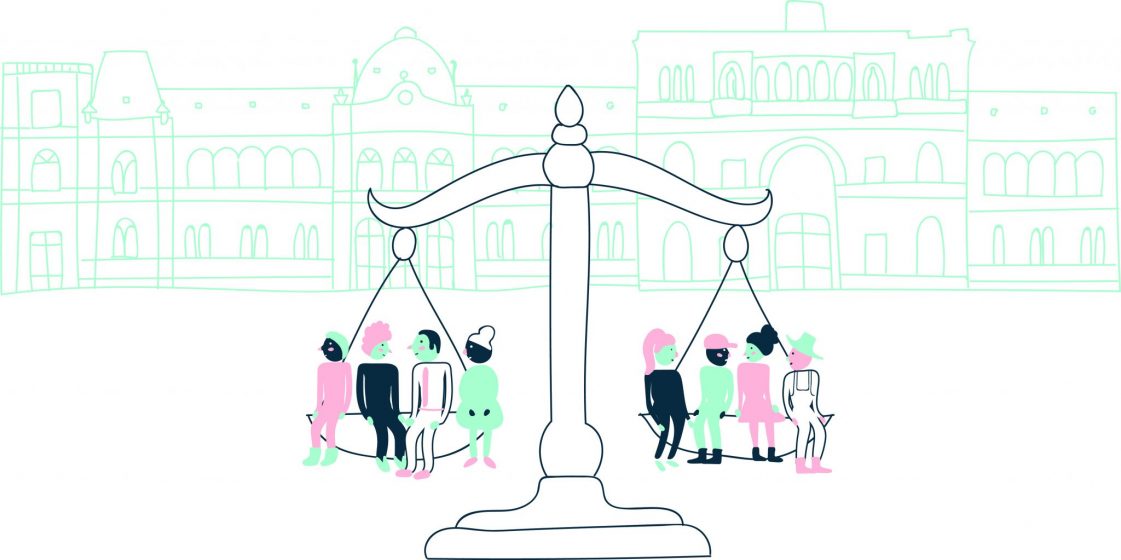Report on Repolywise’s Plastics Recycling Plant Initiative in Taiwan
 Repolywise, a recycling technology company, has announced plans to construct a plastics recycling plant in Taiwan. The facility aims to process and recycle one tonne of plastic waste daily, contributing significantly to sustainable waste management and circular economy goals aligned with the United Nations Sustainable Development Goals (SDGs), particularly SDG 12 (Responsible Consumption and Production) and SDG 13 (Climate Action).
Repolywise, a recycling technology company, has announced plans to construct a plastics recycling plant in Taiwan. The facility aims to process and recycle one tonne of plastic waste daily, contributing significantly to sustainable waste management and circular economy goals aligned with the United Nations Sustainable Development Goals (SDGs), particularly SDG 12 (Responsible Consumption and Production) and SDG 13 (Climate Action).
Collaborative Partnership and Project Timeline
The project is a collaborative effort involving Repolywise, Acer Synergy Tech Corp., Big South Resources Regeneration Co., and Fu-Tai Engineering Co. Each partner will contribute expertise in sourcing, sorting, and designing the recycling facility, supporting SDG 17 (Partnerships for the Goals).
- Design phase commencement: 2025
- Projected construction start: 2026
Chemical Recycling Technology: “Atomic Scissors”
The plant will utilize Repolywise’s innovative “Atomic Scissors” technology, a hydrocracking chemical recycling process that selectively degrades waste plastics into virgin-grade polypropylene suitable for reuse. This technology supports SDG 9 (Industry, Innovation, and Infrastructure) by advancing sustainable industrial processes.
- Process converts plastics into molecules with three carbon atoms (propane).
- No requirement for sorting plastics by type, enhancing efficiency.
- Yield varies based on contamination levels of input plastics.
Dr. Bryan Ng, Founder and CEO of Repolywise, emphasized the technology’s role in promoting a circular economy and reducing plastic waste, directly supporting SDG 11 (Sustainable Cities and Communities) and SDG 12.
Preliminary testing has been conducted on end-of-life Acer products, with ongoing laboratory testing at Oxford University’s Begbroke Science Park. The Taiwan pilot unit will mark the first commercial-scale application of this technology.
Roles of Partner Organizations in the Recycling Plant
The partnership leverages the strengths of each organization to ensure operational success and sustainability:
- Acer Synergy Tech Corp.: Supplies recycled notebooks and provides system integration expertise to extend PC lifecycles, supporting SDG 12.
- Big South Resources Regeneration Co.: Responsible for dismantling, sorting, and grading waste materials to optimize the recovery of high-value plastics, advancing SDG 12 and SDG 15 (Life on Land).
- Fu-Tai Engineering Co.: Designs and manufactures tractors essential to the hydrocracking process, contributing to SDG 9 through sustainable engineering solutions.
Yi-chie Chen, Vice Chairman of Ming-Fu Group (parent company of Big South Resources Regeneration Co.), highlighted the partnership’s potential to optimize plastic recovery processes and promote environmental sustainability in Taiwan and beyond.
Stark Wu, Chairman of Fu-Tai Engineering Co., underscored the importance of precise reactor design and manufacturing in executing the Atomic Scissors technology efficiently and sustainably, aligning with Taiwan’s green engineering initiatives and SDG 13.
Conclusion
The establishment of the plastics recycling plant in Taiwan by Repolywise and its partners represents a significant step toward achieving multiple Sustainable Development Goals. By integrating advanced chemical recycling technology with collaborative expertise in sourcing, sorting, and engineering, the project aims to reduce plastic waste, promote circular economy practices, and foster sustainable industrial innovation.
1. Sustainable Development Goals (SDGs) Addressed
- SDG 12: Responsible Consumption and Production
- The article focuses on recycling plastic waste and promoting a circular economy, which aligns with ensuring sustainable consumption and production patterns.
- SDG 9: Industry, Innovation, and Infrastructure
- The development and deployment of Repolywise’s innovative “Atomic Scissors” chemical recycling technology reflects advancements in sustainable industrial processes and infrastructure.
- SDG 13: Climate Action
- By reducing plastic waste and promoting recycling, the initiative contributes to mitigating environmental pollution and climate change impacts.
- SDG 17: Partnerships for the Goals
- The collaboration between Repolywise, Acer Synergy Tech Corp., Big South Resources Regeneration Co., and Fu-Tai Engineering Co. exemplifies multi-stakeholder partnerships to achieve sustainable development.
2. Specific Targets Under the Identified SDGs
- SDG 12: Responsible Consumption and Production
- Target 12.5: Substantially reduce waste generation through prevention, reduction, recycling, and reuse.
- Target 12.4: Achieve the environmentally sound management of chemicals and all wastes throughout their life cycle.
- SDG 9: Industry, Innovation, and Infrastructure
- Target 9.4: Upgrade infrastructure and retrofit industries to make them sustainable, with increased resource-use efficiency and greater adoption of clean and environmentally sound technologies.
- SDG 13: Climate Action
- Target 13.2: Integrate climate change measures into policies, strategies, and planning.
- SDG 17: Partnerships for the Goals
- Target 17.16: Enhance the global partnership for sustainable development, complemented by multi-stakeholder partnerships.
3. Indicators Mentioned or Implied in the Article
- Indicator for Target 12.5:
- Amount of plastic waste processed and recycled (e.g., one tonne of plastic waste processed daily by the Taiwan plant).
- Indicator for Target 9.4:
- Number of industries adopting advanced chemical recycling technologies such as “Atomic Scissors.”
- Indicator for Target 17.16:
- Number and effectiveness of partnerships between companies and organizations for sustainable development projects (e.g., collaboration between Repolywise and partners).
- Additional Implied Indicators:
- Quality and yield of recycled polypropylene produced from waste plastics.
- Extent of lifecycle extension for electronic products through recycled materials (e.g., recycled notebooks from Acer Synergy Tech).
4. Table of SDGs, Targets, and Indicators
| SDGs | Targets | Indicators |
|---|---|---|
| SDG 12: Responsible Consumption and Production |
|
|
| SDG 9: Industry, Innovation, and Infrastructure |
|
|
| SDG 13: Climate Action |
|
|
| SDG 17: Partnerships for the Goals |
|
|
Source: resource.co







